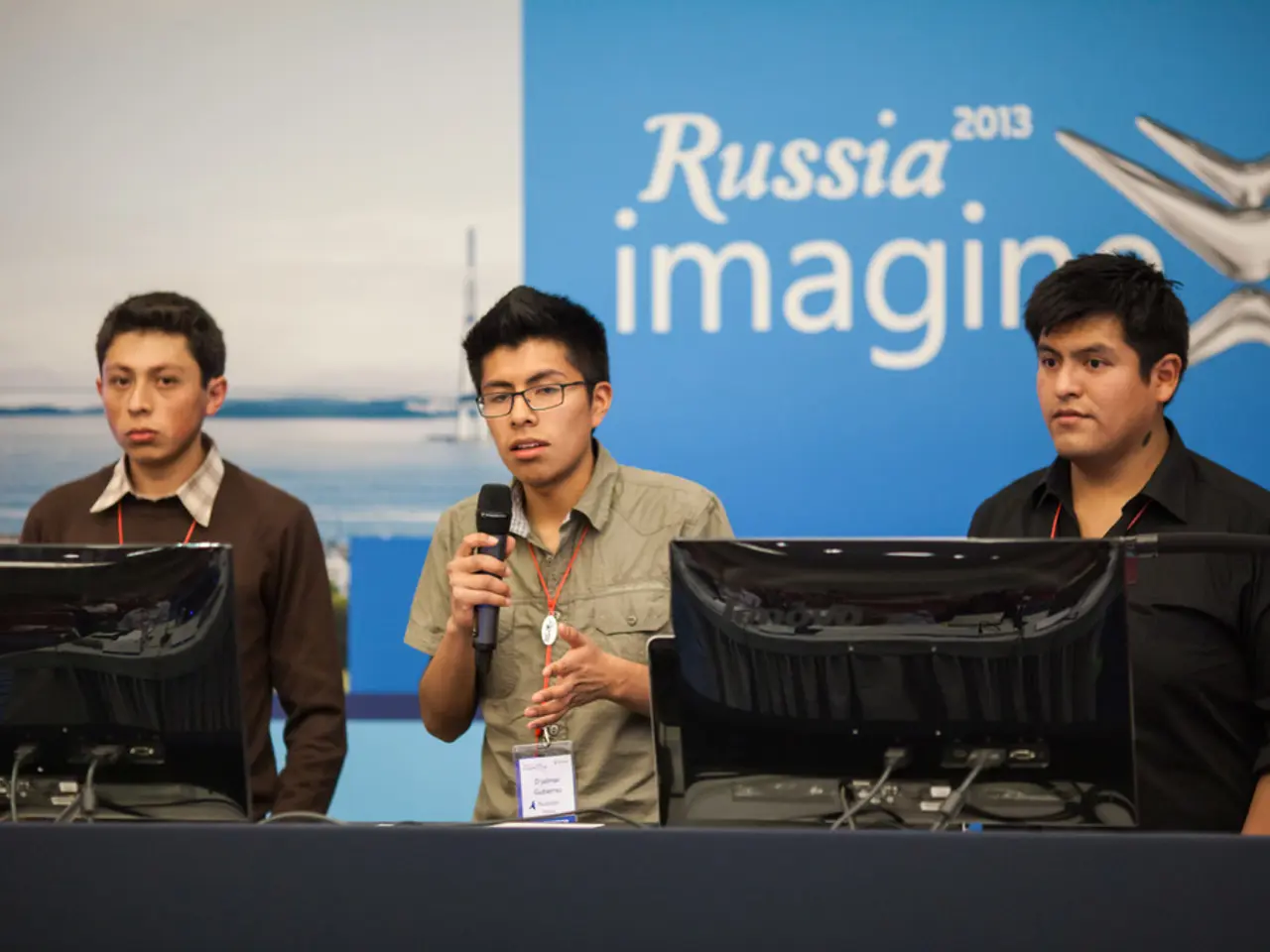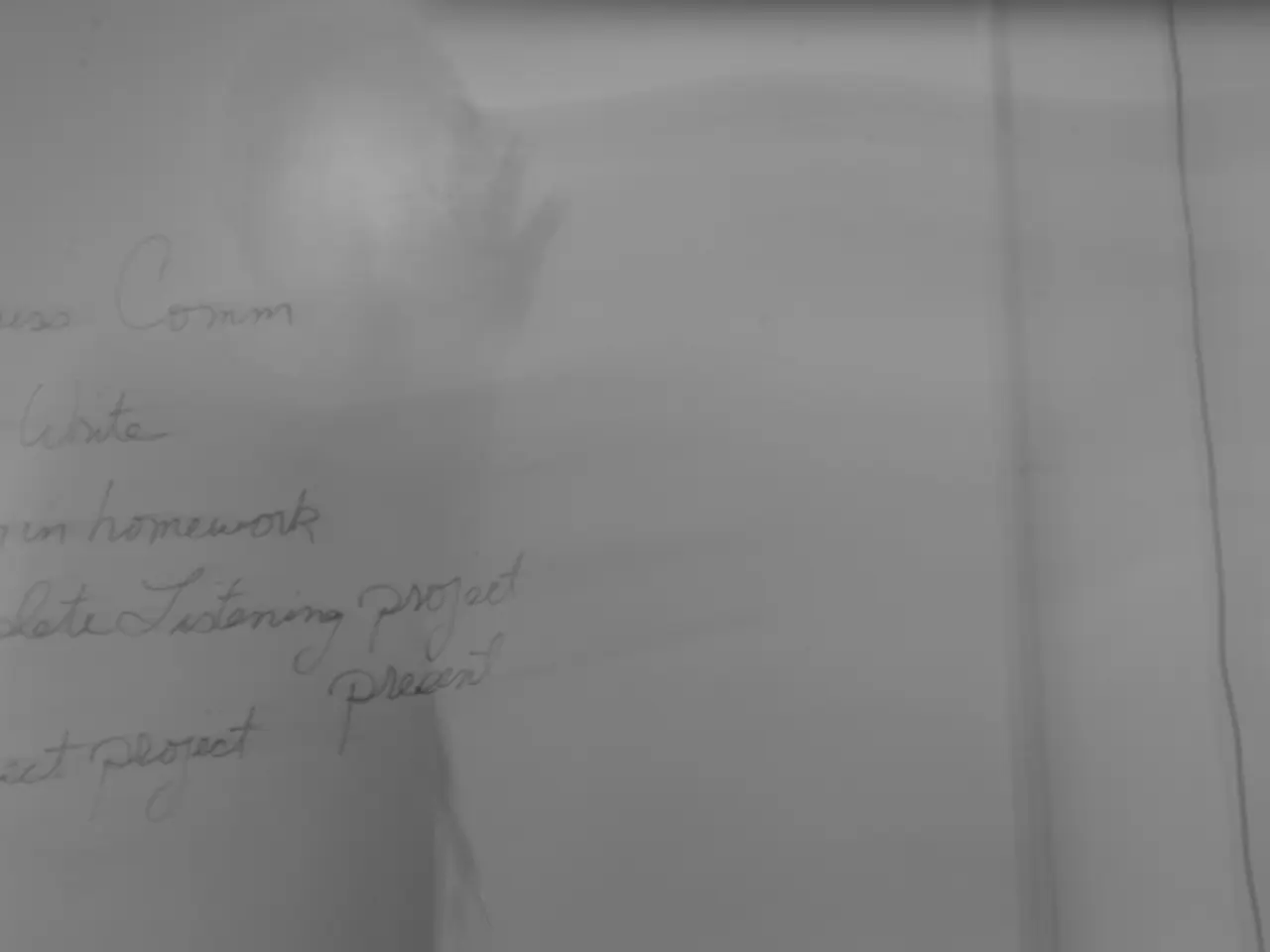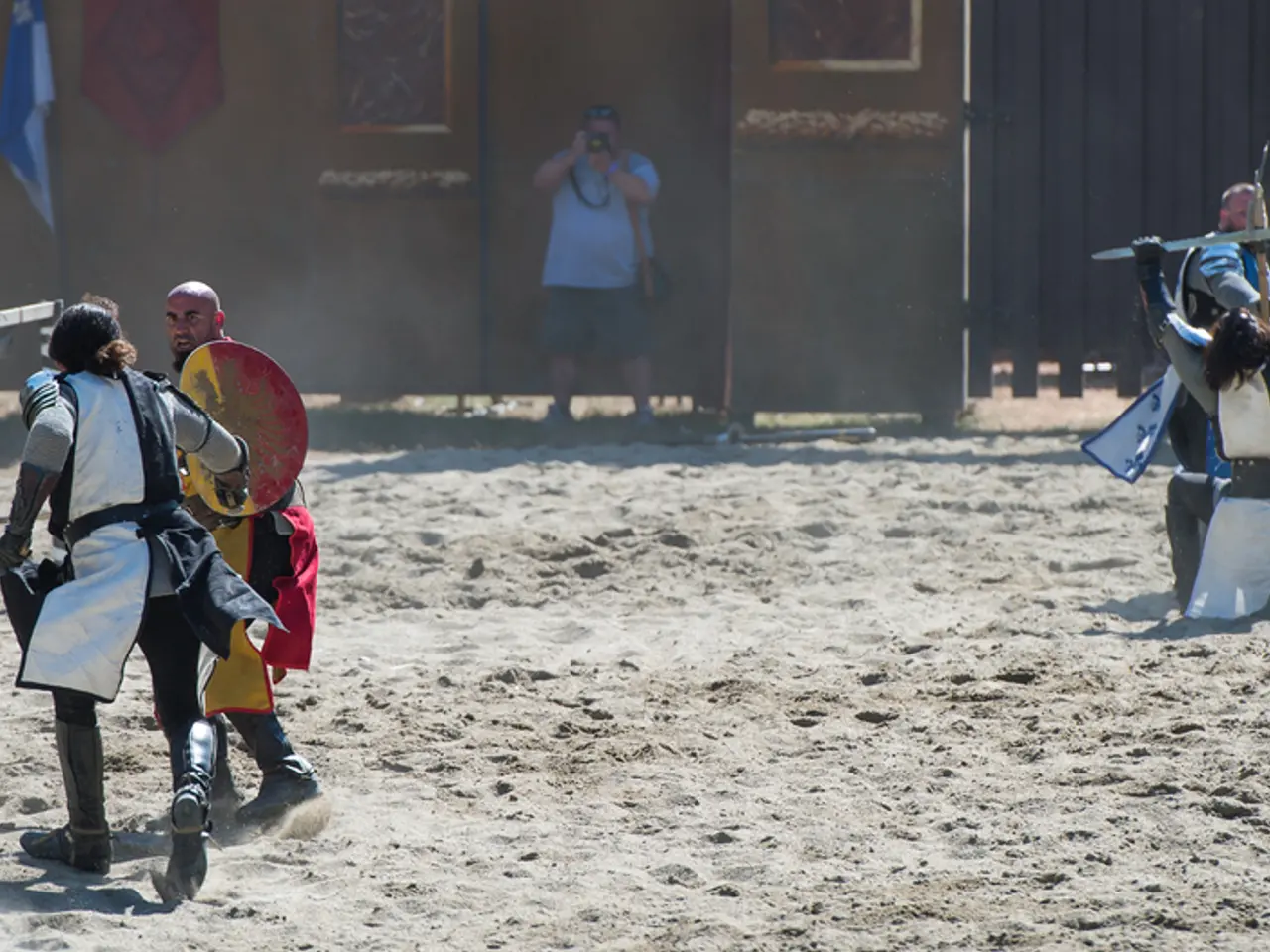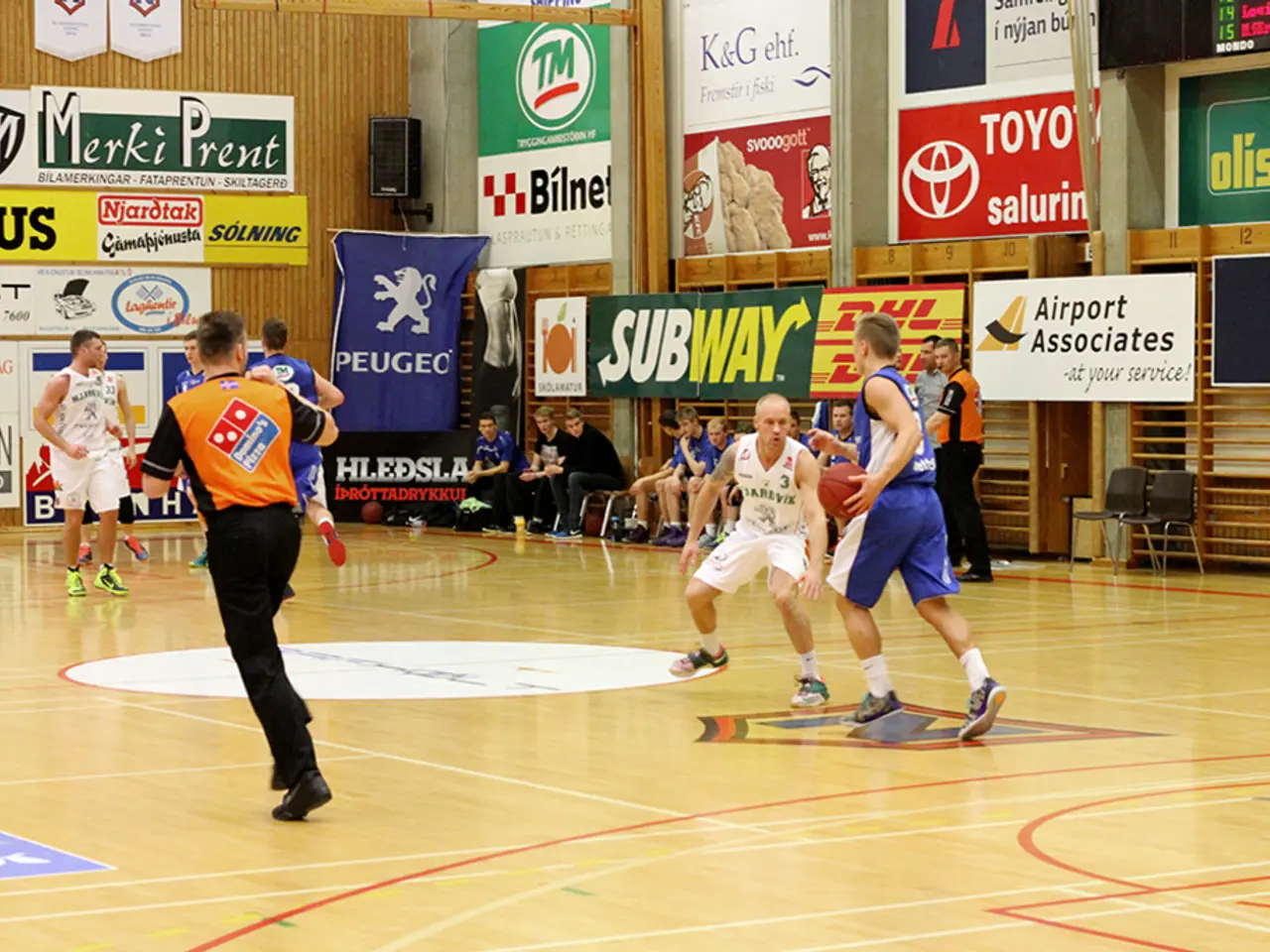Olympic swimmer Kirsty Coventry's resilience put to the test amid Russian Olympics controversy, claim ex-IOC members
Russian Athletes' Participation in the 2026 Winter Olympics Remains Uncertain
The participation of Russian athletes in the upcoming 2026 Winter Olympics is shrouded in uncertainty, as the International Olympic Committee (IOC) considers their eligibility in light of ongoing geopolitical tensions and past breaches of the Olympic Charter.
The IOC President, Kirsty Coventry, has indicated that a decision regarding Russian and Belarusian athletes' participation will be made in meetings scheduled for September and December 2025. It is expected that these athletes will be allowed to compete only if they meet specific neutrality conditions, similar to those applied during the 2024 Paris Olympics.
However, some international sports federations have imposed restrictions for the Winter Games. For instance, the International Luge Federation (FIL) has already suspended Russian athletes from the 2026 Olympics, and the Russian hockey team will be excluded, with the French team taking part instead.
The policies of winter sports federations vary widely. The International Skating Union permits very limited Russian entries (one per event), while the International Ski Mountaineering Federation allows some entries. On the other hand, federations governing biathlon, bobsleigh, skeleton, luge, skiing, curling, and hockey have blocked Russian entries.
The International Ski Federation (FIS), responsible for more than half of the Olympic medal events, has taken a similar stance, along with biathlon and luge. This follows the precedent set at the Paris Summer Olympics last year, where some Russian athletes were allowed to compete as neutrals by the IOC.
The issue of Russian participation in the Olympics has been a significant one throughout Thomas Bach's 12-year tenure as IOC president. This includes the invasions of Ukraine and the state-sponsored doping scandal at the 2014 Sochi Winter Olympics. Terrence Burns, a former IOC marketing executive who worked extensively with Russia, believes that the Russians should not expect a speedy return to the Olympics. Burns emphasizes the importance of the IOC's universality, suggesting that it may be the last truly global shared belief.
Burns, who played a key role in five successful Olympic bid city campaigns, argues that the Olympics need Russia, along with other major nations, for the Games to be successful. However, he believes that Russia must demonstrate a willingness to change to regain its status in the Olympics.
The stakes for the IOC's decision on Russia's participation are high, potentially involving the last global shared belief. Kirsty Coventry, a member of the IOC Executive Committee, is under scrutiny due to the political challenges she faces. President Vladimir Putin broke the Olympic Truce when he launched the invasion of Ukraine in February 2022.
Michael Payne, a former head of IOC marketing, believes that Russia must be "brought back in from the cold," but the 2026 Winter Games will come too soon. Burns suggests that Coventry will not be pressured into making a "convenient decision" regarding Russia's participation in the Olympics.
Politicians are seeking to "weaponize the sports agenda" again, having largely stayed away during earlier eras, such as Juan Antonio Samaranch's tenure from 1980-2001. Burns worked for Delta Air Lines in the Commonwealth of Independent States in 1992.
In conclusion, the participation of Russian athletes in the 2026 Winter Olympics remains uncertain, with the IOC likely to allow them to compete as neutrals if they meet specific conditions. However, some international sports federations have imposed restrictions, and the final decisions will come after IOC Executive Board meetings later in 2025.
- The discussion about the eligibility of Russian athletes in the 2026 Winter Olympics is not confined to sports, but is intertwined with political and environmental concerns, such as the ongoing geopolitical tensions and past breaches of the Olympic Charter.
- News about the 2026 Winter Olympics also includes opinions and general news, such as the policies of winter sports federations, the stance of the International Olympic Committee (IOC), and the views of stakeholders like Terrence Burns and Michael Payne.
- The participation of Russian athletes in the upcoming Winter Olympics is not just a sports event, but a complex issue that affects the environment, politics, and general news, given the implications it holds for the last truly global shared belief and the ongoing geopolitical issues.







